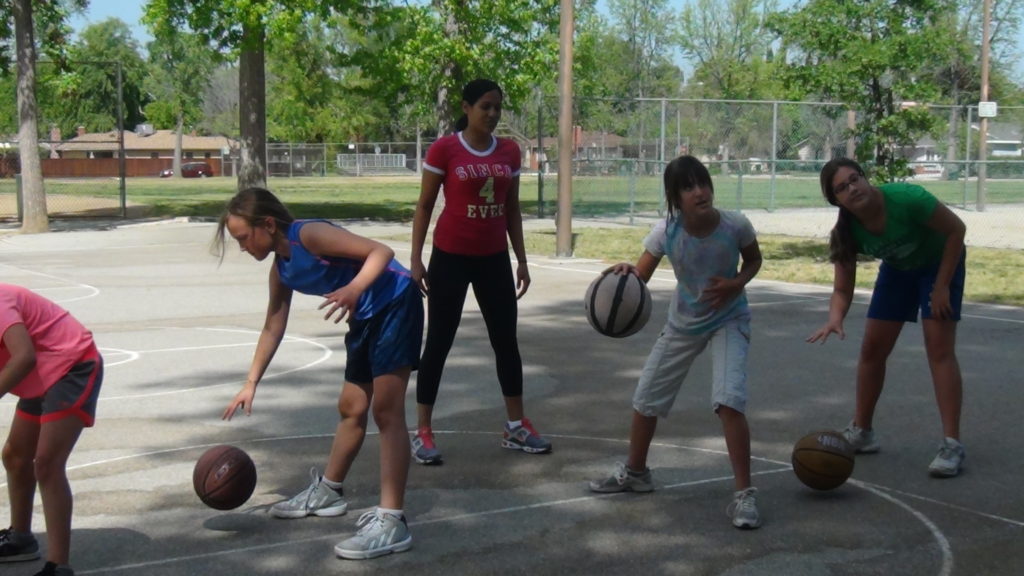Private Training For Your Athlete
A friend of mine chose to have his kid skip his last little league baseball season in order for him to try basketball, something they haven’t had time for in the past because of the demands of little league. His plan is to have him continue to train in baseball by doing private lessons. He feels his son will benefit in many ways from this experiment; he will be able to try a new sport, it will reduce burnout and overuse injury, but he’s also convinced his son’s baseball skills will actually increase.
This is a new school of thought and I’ve heard this from several parents of late. The current youth sports environment makes it very hard to play multiple sports, so families with the financial means are taking a season off, but keeping up with their skills by hiring private trainers.
ONE FAMILY DECISION TO SKIP CLUB
But private training is beneficial for many reasons and most kids on high-level teams do some form of private training. I have given all three of my own girls privates or small group training for nearly every sport they have played. I know this sounds excessive. Crazy. Too intense. Maybe it is. But after failing miserably at trying to work with my own kids, that 99% of the time ended with one of us unhappy and often in tears. It has helped our relationship and done wonders for my kid’s growth in their sports.
Most kids or adults who are dedicated and focused on becoming good at something, take private lessons. You can’t possibly get good at an instrument if you don’t do private lessons and dancers and artists also benefit from having a knowledgeable coach or teacher who specializes in their discipline to give them focused feedback and corrections 1-on-1.
Even if you’re not doing a lot of privates, doing one occasionally as a tune-up or check-in can make a big difference. Or kids who are already playing at a high level; if they are struggling in one area, have switched positions, or are in a slump, private lessons can help in those areas as well.
I’m not saying my kids’ team coaches haven’t been good or haven’t taught them. It’s just that it’s impossible for one coach to be able to correct and teach individual skills in a large group setting. If you’ve ever sat and watched one of your kid’s practices, then you’ve seen the challenges a coach faces. They often demonstrate or teach a skill and then you can see 7 of the 10 kids do it wrong. The kids wait in a long line, gets three attempts, they’ll typically do one okay and two completely wrong. Then, it’s onto the next drill. With teams practicing once a week, how can you expect a kid to learn? If you’re thinking, privates sound too serious and over-the-top, that it should be more about fun. Well, you’re not wrong. Overscheduling kids who are already tight on time, doing too much, stressed out, and overworking their bodies, adding in anything extra will do more damage than good. But for athletes who are hoping to play at the next level, an occasional private can be very useful. And for beginners, giving them an opportunity to work on and improve their skills might make practices and games more fun as they may see more time on the field and feel more confident contributing to the team.
Even if privates aren’t in the budget, there are ways to make them more affordable.
Here are four ways to pay for private training on a budget:
- Make your private lessons semi-private: Invite a handful of kids (not more than 3-4 or it will defeat the purpose), train together, and share the cost. Not all trainers are willing to do this, but most will. If four kids pitch in and each pays $25, it makes a $100 per hour session much more manageable.
- Your private instructor doesn’t have to be a pro: Find an older kid (13-18) who plays in the same club or is an older brother or sister of a teammate or even post on a Mom’s website. We use an incredible 13-year-old who works with our 8-year-old for $10 an hour. It’s the best money ever spent.
- Do shorter Sessions: Even just thirty minutes of focused practice on what your child needs to improve upon is enough to make a huge difference. This can cut the price in half if they are willing to do it. If they don’t find another child to take the second
half of the lesson.
- Offer trade for training: Do you have something they might need or want. I once created a promotional video (I’m a TV producer) for a basketball trainer in exchange for privates.
